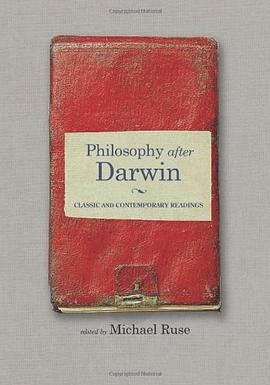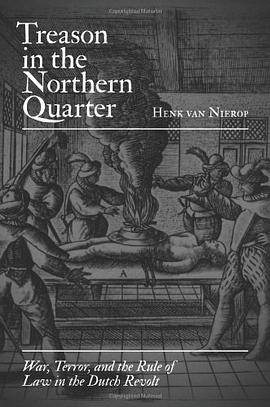

具体描述
Why do some countries choose to end wars short of total victory while others fight on, sometimes in the face of appalling odds? "How Wars End" argues that two central factors shape war-termination decision making: information about the balance of power and the resolve of one's enemy, and fears that the other side's commitment to abide by a war-ending peace settlement may not be credible. Dan Reiter explains how information about combat outcomes and other factors may persuade a warring nation to demand more or less in peace negotiations, and why a country might refuse to negotiate limited terms and instead tenaciously pursue absolute victory if it fears that its enemy might renege on a peace deal. He fully lays out the theory and then tests it on more than twenty cases of war-termination behavior, including decisions during the American Civil War, the two world wars, and the Korean War. Reiter helps solve some of the most enduring puzzles in military history, such as why Abraham Lincoln issued the Emancipation Proclamation, why Germany in 1918 renewed its attack in the West after securing peace with Russia in the East, and why Britain refused to seek peace terms with Germany after France fell in 1940. "How Wars End" concludes with a timely discussion of twentieth-century American foreign policy, framing the Bush Doctrine's emphasis on preventive war in the context of the theory.
作者简介
目录信息
读后感
评分
评分
评分
评分
用户评价
相关图书
本站所有内容均为互联网搜索引擎提供的公开搜索信息,本站不存储任何数据与内容,任何内容与数据均与本站无关,如有需要请联系相关搜索引擎包括但不限于百度,google,bing,sogou 等
© 2026 book.wenda123.org All Rights Reserved. 图书目录大全 版权所有




















